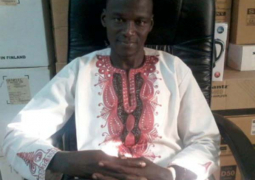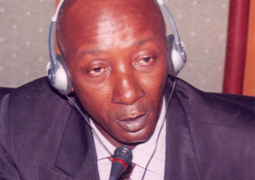West
African journalists have called for more collaboration with scientists in order
to improve on the quality of coverage and reportage of science, technology and
innovation issues for the benefit of the people.
Media
practitioners from English-speaking West Africa said there is also a need to
have more mentorship programmes in the sub-region where science journalists and
scientists can work together in setting news agenda for reporting.
The
journalists made these recommendations in a communiqué issued at the end of a
three-day workshop organised by the Department of Education, Science and
Culture of the Ecowas Commission for scientific journalists, researchers and
scientists.
It
was held at the Ecowas Commission in Abuja, Nigeria, on 10-12 October 2016 on
the theme ‘Making Science and Innovation Information More Accessible for ECOWAS
Development’.
In
the two-page communiqué, the media practitioners recommended that there is a
need to have a regional database of key researchers working in different
critical areas of science.
This
would make it relatively easy for journalists to contact them as part of the
solution to the weak communication gap between scientists and journalists.
In
view of the dearth of capacity on the part of journalists to effectively
communicate STI issues to the citizens, it was also recommended that there
should be periodic capacity enhancement training for science journalists by
Ecowas.
In
addition, journalists with at least basic understanding of science journalism,
as those trained by Ecowas, should work collaboratively with their national
stakeholders to create greater interest and more regular informed reports on
science.
The
sub-regional authorities and other stakeholders are called upon to invest more
in STI as a key driver to fight against poverty in West Africa.
In
this vein, Ecowas is urged to initiate annual excellence awards for science
journalists as a way of enticing journalists to do more in their coverage and
reportage of STI.
There
should be West African Science Journalists Network with each chapter in each
member country, and journalists in the network should take advantage of the
World Federation of Science Journalists free online course in science
journalism.
The
implementation of the observations and recommendations in the communiqué,
according to the West African journalists, would lead to an appreciable
increment in the level of science journalism in the sub-region.



